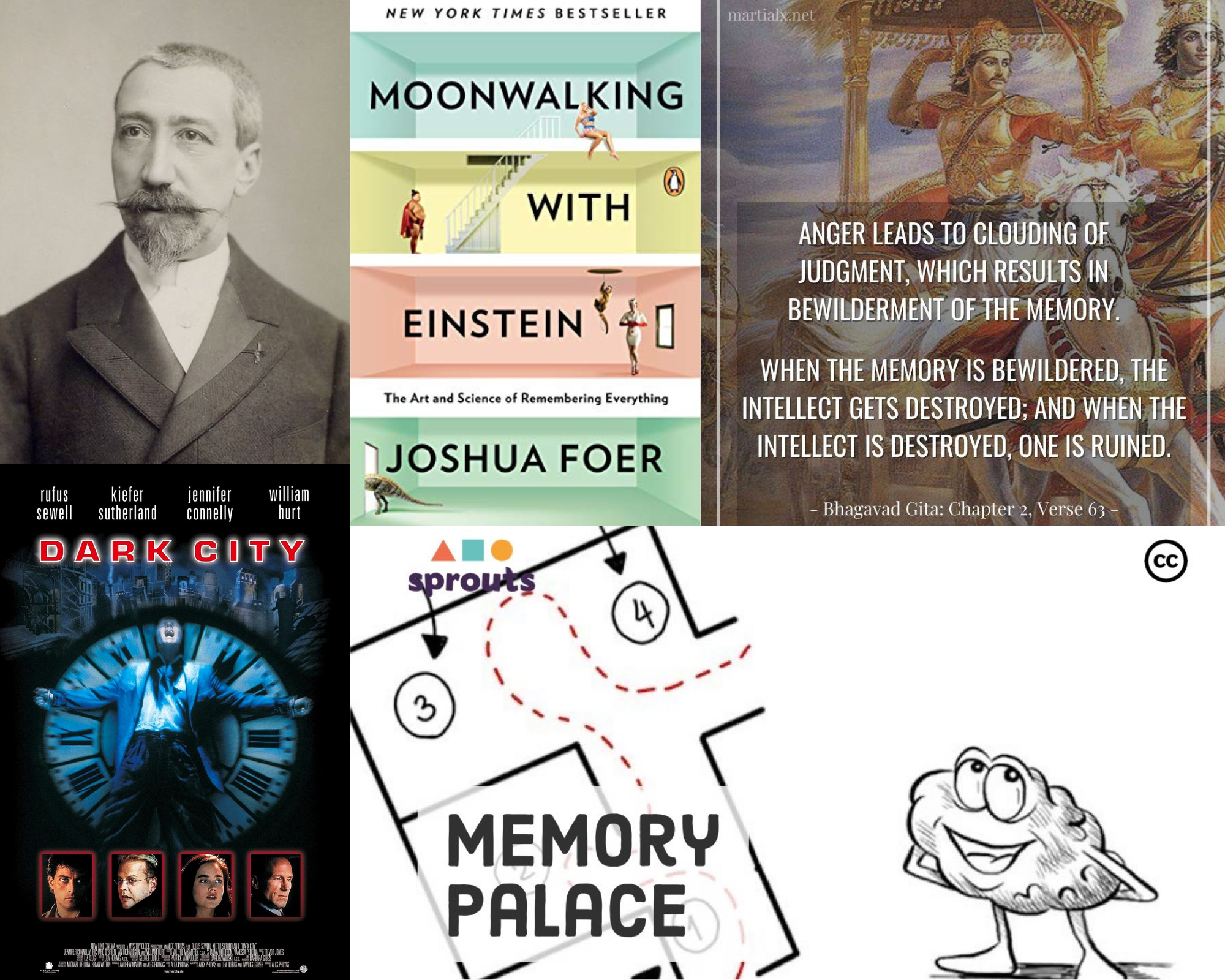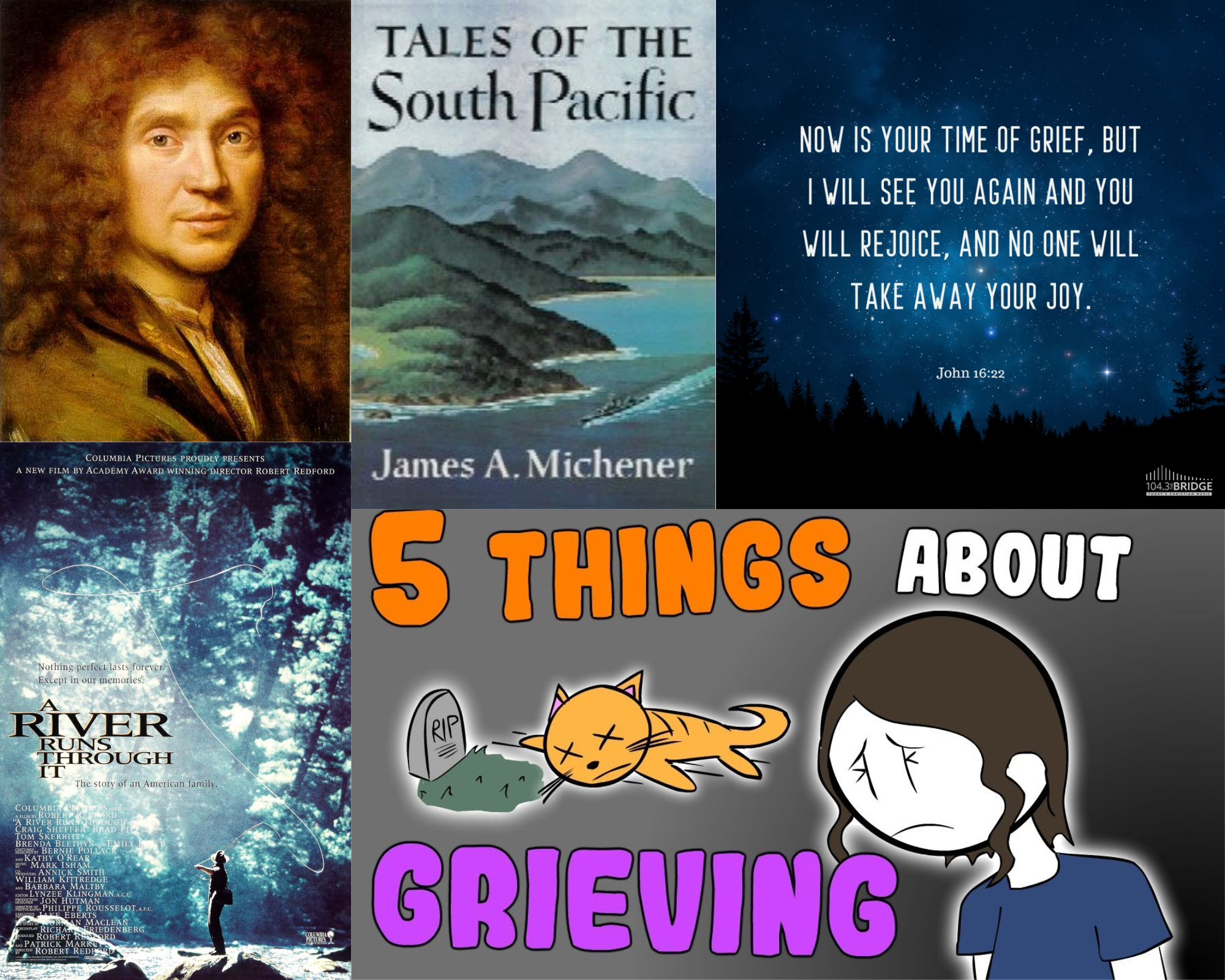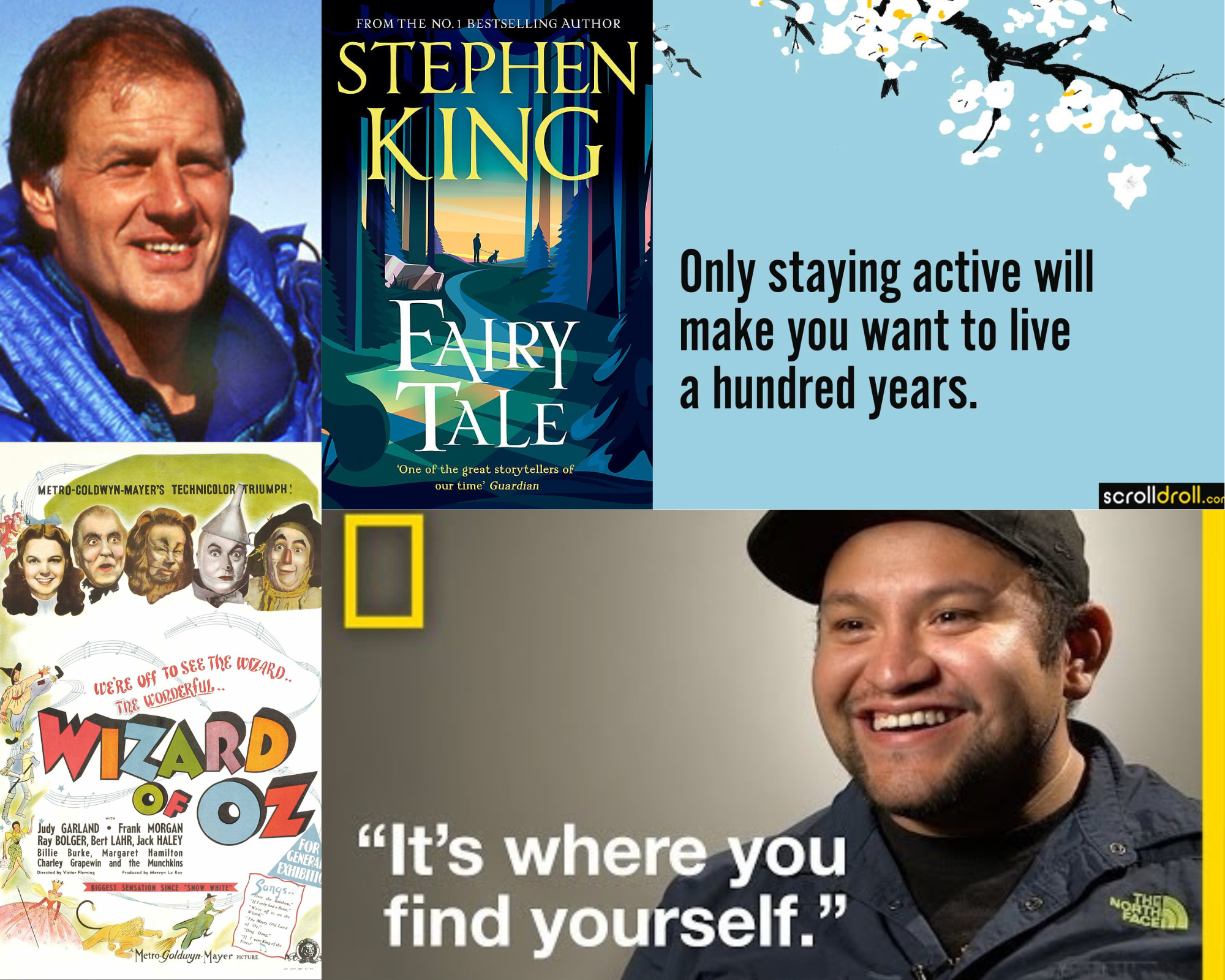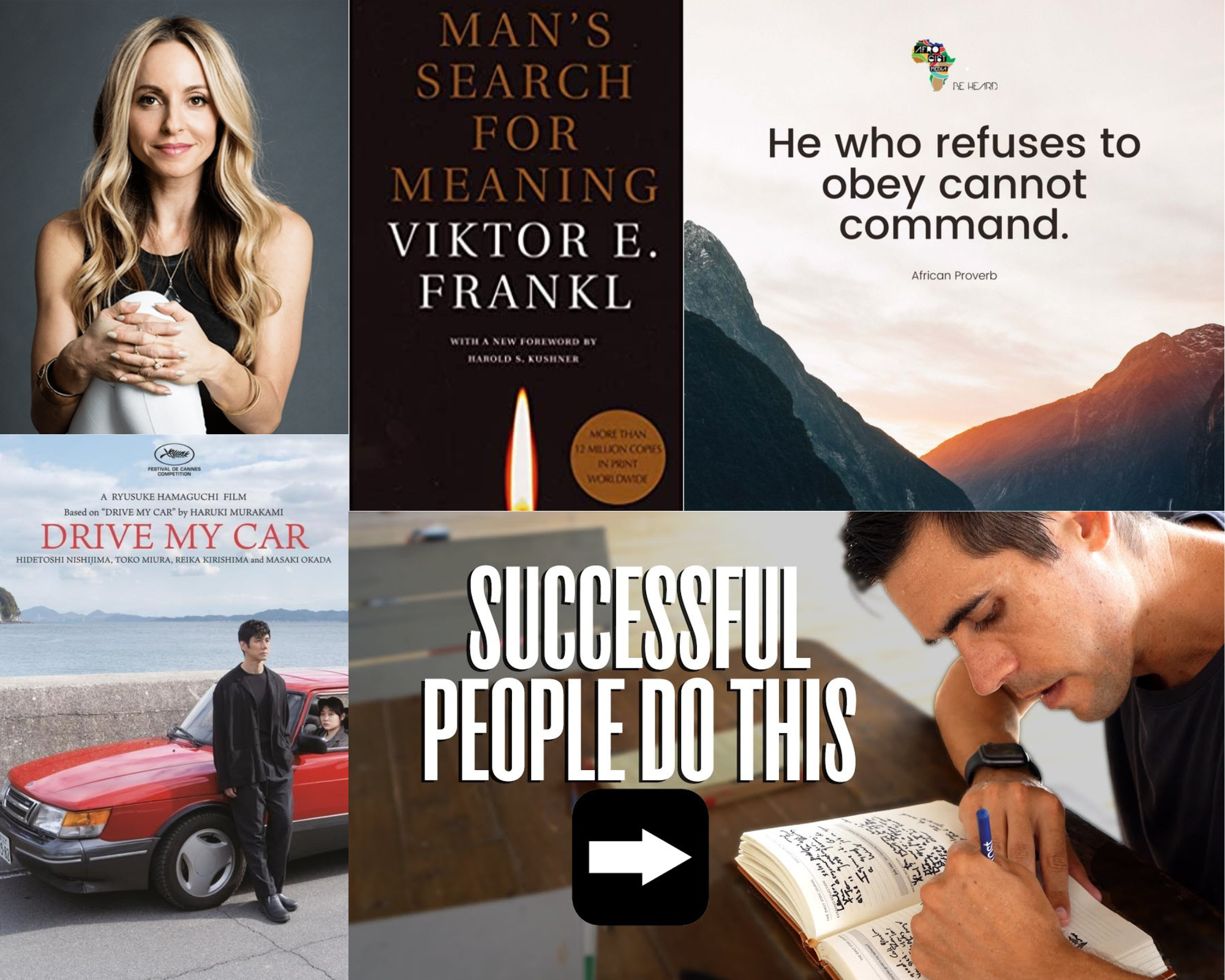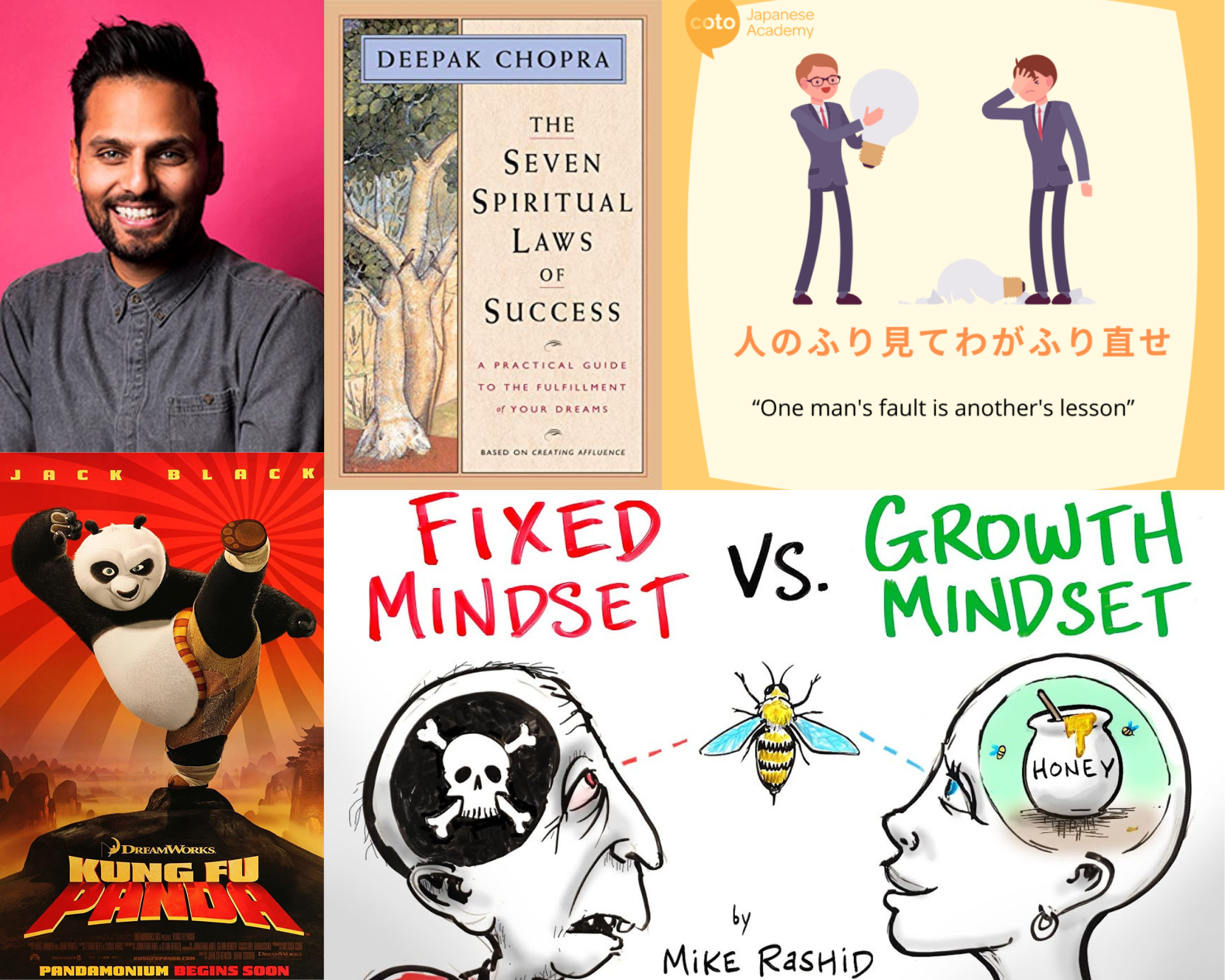Sunday Supplement #105 (May 14th, 2023)
Below is another Sunday Supplement with a quote worth sharing, a book worth reading, a movie worth watching, brainfood worth consuming, and a spiritual passage worth pondering.
Please take something away from these recommendations that enriches your week ahead!
Quote of the Week:
“An education isn’t how much you’ve committed to memory or even how much you know. It’s being able to differentiate between what you know and what you don’t.”
– Anatole France
Book of the Week:
Moonwalking with Einstein – Joshua Foer
Joshua Foer’s journey of writing Moonwalking with Einstein started with his curiosity for tangible evidence of who was the smartest person in the world.
His quest led him to the realm of mental athletes and the world of competitive memorization.
Moonwalking with Einstein recounts Foer’s research into these societies, his subsequent initiation, and his quest to compete in the U.S. Memory Championship.
The book breaks down a few of the critical components of memory that have been taught and forgotten throughout history.
Foer’s book is primarily a memoir/non-fiction, but it is entertaining and has excellent insight into the tricks of memory and the world around them.
Movie of the Week:
John Murdock wakes up alone in a strange hotel and discovers he’s wanted for a series of murders. The problem is that he doesn’t remember if he committed them.
The film Dark City brilliantly explores the concepts around memory and personal identity and what it means when both are tampered with.
Rufus Sewell, Jennifer Connelly, William Hurt, and Kiefer Sutherland star in the Alex Proyas-directed and co-written movie about memory and identity.
Dark City came out a year before The Matrix and was ultimately overshadowed and forgotten in the wake of the immensely successful Matrix films.
If you enjoy films that explore areas of existentialism, check out this Sci-Fi Noir film that offers a thought-provoking narrative worth checking out.
Brainfood of the Week:
The Memory Palace: Can You Do It? | Sprouts
The Memory Palace is a technique to remember facts, numbers, or other things and has been around since ancient times (known as the Method of Loki).
I’m posting this video as the Brainfood of the Week because it’s a valuable technique to learn.
Joshua Foer discusses it in Moonwalking with Einstein, but I thought I’d include a short video of how the method works for those who don’t want to read the book.
Sprouts is a YouTube channel with over a million subscribers. They feature educational videos about psychology, pedagogy, and child development.
I featured another one of Sprouts’ videos in Sunday Supplement #92. Check it out if you liked this video.
Closing Spiritual Passage:
“Anger leads to clouding of judgment, which results in bewilderment of memory. When memory is bewildered, the intellect gets destroyed; and when the intellect is destroyed, one is ruined.”
– Bhagavad Gita 2:63
This passage from the Bhagavad Gita reminds me how important it is not to allow emotions to overtake the reasoning side of the brain.
Emotions are good indicators of how certain things are affecting us. However, getting permanently caught up in our emotions leaves us powerless to change our situation.
The Bhagavad Gita passage focuses on anger and how that emotion can affect our memory and, in turn, our intellect.
Anger can be one of the worst emotions to get lost in. It is often in these times when we make our worst decisions.
Think about how your memories affect your current experiences, decide how you want to move forward, and have a blessed week ahead!
6 Comments